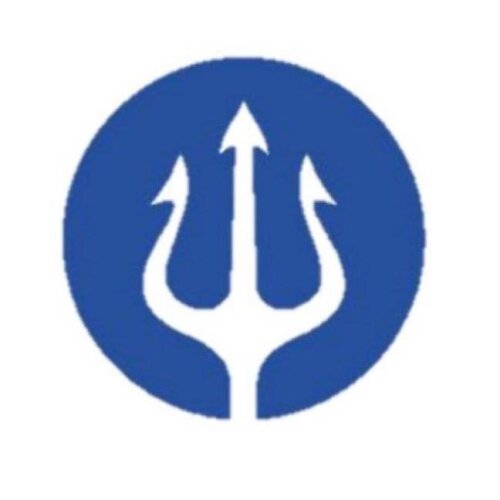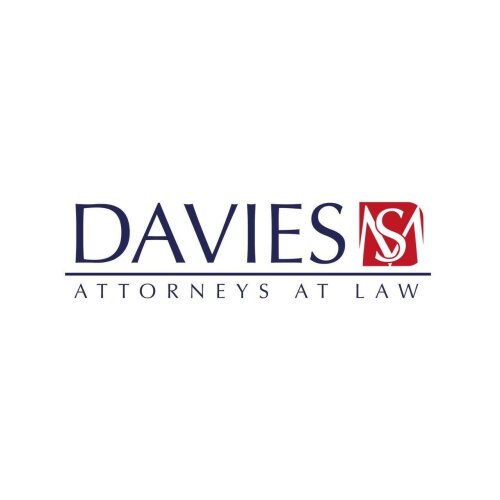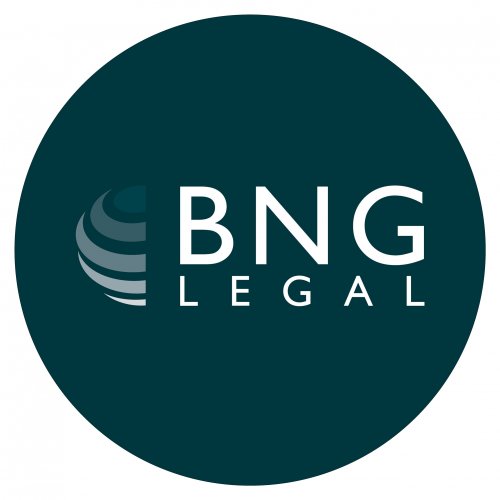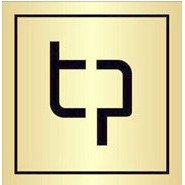Best Restructuring & Insolvency Lawyers in Cambodia
Share your needs with us, get contacted by law firms.
Free. Takes 2 min.
Or refine your search by selecting a city:
List of the best lawyers in Cambodia
About Restructuring & Insolvency Law in Cambodia
Restructuring and insolvency law in Cambodia refers to the legal processes and regulations designed to help companies and individuals manage financial distress. This typically involves negotiated restructuring of debts or, if necessary, formal insolvency proceedings when obligations cannot be met. The aim of such laws is to either help struggling businesses recover and continue operations or, when recovery is not viable, to ensure an orderly and fair process for winding up the company and distributing its assets to creditors. Cambodia is continuing to develop comprehensive insolvency laws, in line with its growing economic landscape and integration with international business standards.
Why You May Need a Lawyer
Several situations could require you to seek advice from a lawyer specializing in restructuring and insolvency in Cambodia. Common scenarios include:
- Your business or one you are involved with is facing severe financial difficulties and cannot pay its debts. - You are a creditor and wish to recover outstanding payments from a financially distressed business. - You want to renegotiate or restructure terms of existing loans or debts. - You are interested in acquiring assets from an insolvent business. - Disputes arise during an insolvency process, such as disagreements over asset distribution. - You require guidance to navigate bankruptcy processes, court procedures, or to ensure compliance with local laws. - You wish to understand your rights and responsibilities under Cambodian insolvency law.
Legal guidance is vital to protect your interests, ensure proper procedures are followed, and minimize financial loss.
Local Laws Overview
Cambodia’s approach to restructuring and insolvency law is evolving. Currently, the main legislative framework is established under the Law on Insolvency of Legal Entities (2020), as well as relevant provisions in the Cambodian Civil Code and other commercial laws. Key points include:
- Both voluntary and involuntary insolvency proceedings are recognized. Creditors or debtors themselves can initiate insolvency cases through the court. - The law emphasizes fair and equitable treatment of all creditors. - Provisions exist for the appointment of insolvency administrators to oversee the process. - Directors of insolvent companies have specific legal duties and liabilities. - There are formal procedures for the liquidation of assets, negotiation of restructuring plans, and approval by the court. - The law provides for both restructuring (with the aim to rescue the business) and liquidation (if rescue is impossible). - Insolvency proceedings can affect employment contracts, supplier relationships, and ongoing business agreements.
Due to the relatively new implementation of dedicated insolvency legislation and ongoing legal reforms, practical procedures and enforcement can sometimes be complex and subject to interpretation.
Frequently Asked Questions
What is insolvency under Cambodian law?
Insolvency in Cambodia typically means that a business or individual cannot pay their debts as they fall due. The status is determined by both cash flow insolvency (unable to pay debts) and in certain circumstances, balance-sheet insolvency (liabilities exceed assets).
How can a company start insolvency proceedings?
Insolvency proceedings can be initiated voluntarily by the company itself if it is unable to pay its debts. Creditors may also file an application in court to start insolvency proceedings against a debtor who has defaulted on obligations.
Can insolvency be avoided in Cambodia?
Yes, there are mechanisms such as restructuring agreements, discussions with creditors, and court-approved rehabilitation plans aimed at helping companies avoid full-fledged insolvency and liquidation.
What happens to employees when a company enters insolvency?
Employees are considered preferential creditors under Cambodian law. Their unpaid wages and certain benefits are prioritized in the distribution of company assets during insolvency processes.
Are personal assets of company directors at risk during insolvency?
Directors are generally not personally liable for company debts unless found to have acted dishonestly, negligently, or unlawfully. However, Cambodian law does impose certain duties and, in cases of misconduct, directors can face personal liability.
What are the options for creditors in an insolvency case?
Creditors can submit claims through the court and participate in proceedings to recover amounts owed. They may propose plans, vote on restructuring options, or seek satisfaction through the liquidation of assets.
Is it possible to restructure debts without going to court?
Yes, out-of-court settlements and restructuring agreements are possible and common, especially if parties cooperate in good faith. However, court involvement is needed for formal insolvency status or when disputes arise.
How long do insolvency proceedings typically take?
The timeline varies greatly based on the complexity of the case, the number of creditors, and the assets involved. Simple cases may resolve in several months, while complex liquidations or contested restructurings can take years.
Does Cambodian law allow for cross-border insolvency cases?
The Law on Insolvency of Legal Entities includes basic provisions for foreign creditors and recognition of certain cross-border insolvency issues, but international cooperation is still developing and may require specialist legal assistance.
What should I do if I am owed money by a company facing insolvency?
Consult with a legal expert immediately to file your claim promptly, participate in creditor meetings, and protect your rights throughout the proceedings. Missing deadlines or failing to lodge a claim could result in loss of rights to recover your debt.
Additional Resources
Here are some helpful resources and organizations related to restructuring and insolvency in Cambodia:
- Ministry of Justice of Cambodia - Oversees the courts and legal processes. - National Commercial Arbitration Centre - Offers alternative dispute resolution for commercial cases. - Law on Insolvency of Legal Entities (2020) - The key legal text on insolvency. - Cambodian Bar Association - Refers qualified lawyers with insolvency expertise. - Ministry of Economy and Finance - Regulatory oversight for business closures and bankruptcies. - Cambodian Chamber of Commerce - Provides support for business operators in financial distress.
Next Steps
If you believe you need legal assistance with restructuring or insolvency in Cambodia, consider the following steps:
- Gather all relevant financial documents and contracts pertaining to your situation. - Write a brief summary of your situation including debts, assets, and any recent communications with creditors or business partners. - Contact a qualified law firm or lawyer experienced in Cambodian insolvency law for an initial consultation. - In urgent cases, do not delay. Legal timelines and creditor actions can move quickly, so seek advice as soon as possible. - If you are a creditor, act promptly to submit your claim and monitor proceedings. - For business owners, consider both restructuring and liquidation options, and rely on professional guidance to choose the best solution for your circumstances.
Navigating insolvency and restructuring in Cambodia is complex, but with timely and informed legal advice, you can protect your interests and find a way forward.
Lawzana helps you find the best lawyers and law firms in Cambodia through a curated and pre-screened list of qualified legal professionals. Our platform offers rankings and detailed profiles of attorneys and law firms, allowing you to compare based on practice areas, including Restructuring & Insolvency, experience, and client feedback.
Each profile includes a description of the firm's areas of practice, client reviews, team members and partners, year of establishment, spoken languages, office locations, contact information, social media presence, and any published articles or resources. Most firms on our platform speak English and are experienced in both local and international legal matters.
Get a quote from top-rated law firms in Cambodia — quickly, securely, and without unnecessary hassle.
Disclaimer:
The information provided on this page is for general informational purposes only and does not constitute legal advice. While we strive to ensure the accuracy and relevance of the content, legal information may change over time, and interpretations of the law can vary. You should always consult with a qualified legal professional for advice specific to your situation.
We disclaim all liability for actions taken or not taken based on the content of this page. If you believe any information is incorrect or outdated, please contact us, and we will review and update it where appropriate.
Browse restructuring & insolvency law firms by city in Cambodia
Refine your search by selecting a city.














